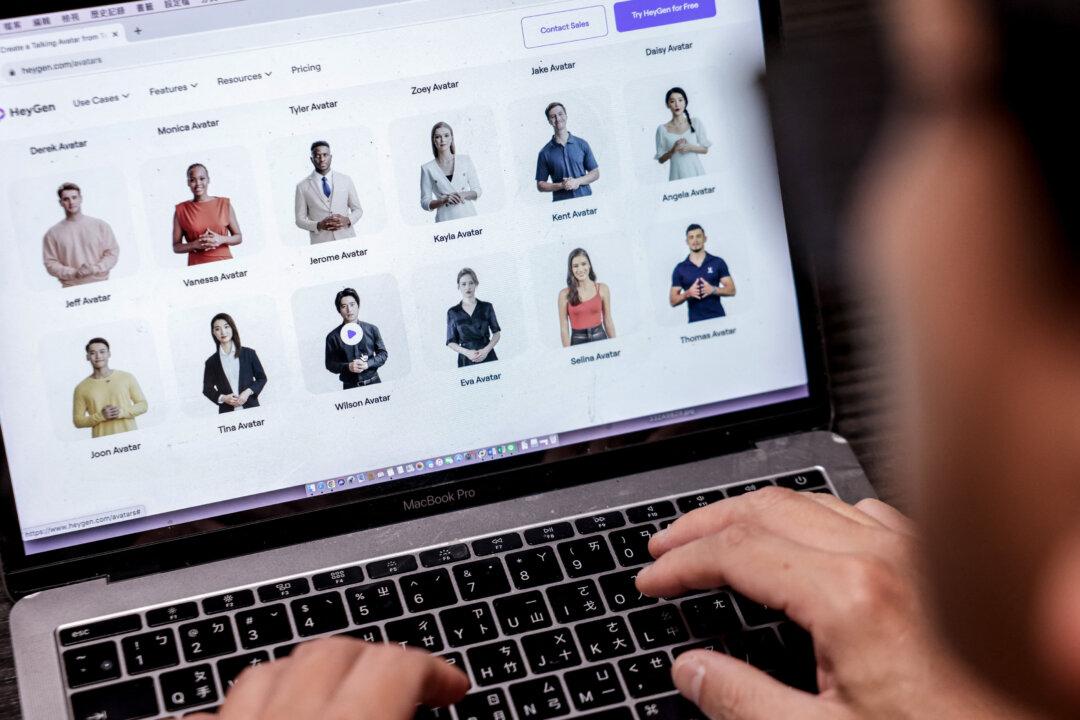Global experts are worried AI-derived disinformation will interfere with elections. This year, there will be approximately 70 general elections in more than 50 countries and regions worldwide.
The World Economic Forum (WEF) published an article at the end of January titled “The Big Election Year: how to Stop AI Undermining the Vote in 2024.” It raised concerns that the proliferation of AI-derived misinformation and disinformation would affect 4.2 billion people in nearly half of the planet, including the United States, India, the United Kingdom, Mexico, and Indonesia, who are going to cast a vote this year. The article has since been removed from the WEF website.




